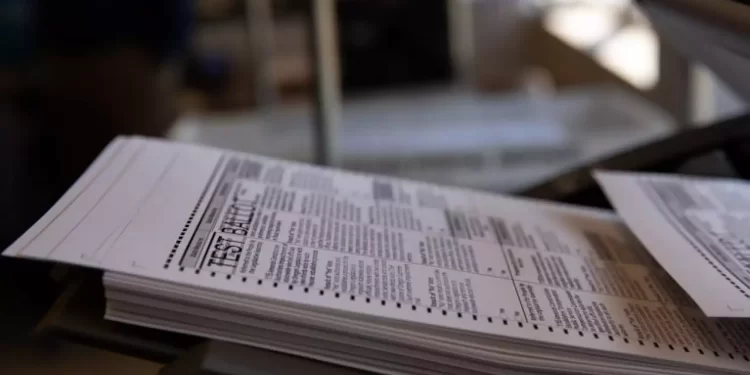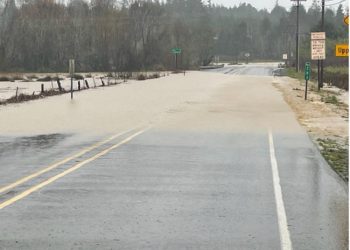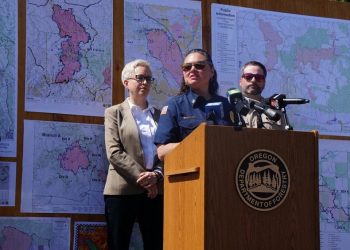Astoria, OR – Deschutes County has officially certified the results of the 2024 general election, signaling significant changes to the county’s governance structure. Following the passage of Measure 9-173, the county will expand from three commissioners to five. The measure, which passed with overwhelming support, was authored by John Heylin and will add two new at-large commissioners.
However, the expansion of the commission has sparked a lively debate among county officials about the potential creation of districts for representation, an issue that voters have not yet had the chance to decide on. Just eight days after the election, county commissioners discussed the possibility of districting during their regular meeting, signaling that this issue will be a key topic in the coming years.
The move to create districts is a complex one. Legal counsel David Doyle explained that adding districts involves more than simply increasing the number of commissioners. While commissioners are supportive of districting, there is a lack of consensus on how to proceed. Commissioner Phil Chang, who has voiced his concerns about the county’s handling of the issue, criticized his colleagues for not sending the question to voters directly. “It was essentially an undemocratic move on the part of my fellow commissioners to refuse to send a ballot measure to the voters directly without having to gather 7,000 signatures,” Chang said.
Measure 9-173’s passage has triggered these conversations about districting, as county residents are set to be represented by more commissioners in the near future. However, due to the procedural timelines, it is unlikely that Deschutes County will be represented by districts until 2029, assuming voters approve districting in 2026. The next opportunity to vote on districting could be as early as May 2026, as that will coincide with a regularly scheduled election.
Before the election, the debate surrounding Measure 9-173 focused largely on the fiscal implications of expanding the commission and the ability of commissioners to collaborate more effectively. Critics of the measure voiced concerns about a potential lack of transparency with more commissioners, noting that the current three-member board is limited in how it can meet and discuss county business outside of public meetings, in accordance with state law.
In contrast, proponents like Heylin and Commissioner Chang believe that the expansion will enhance the quality of discussions by allowing commissioners to meet informally before public meetings to strategize and prepare. “If they can go and hash some stuff out a little bit before the board meeting, I think that the quality of the discussion during the board meeting could be a lot better,” Chang said.
As commissioners continue to explore the possibility of creating districts, there are growing concerns about how the district boundaries will be drawn. Chang has expressed the need for careful consideration of geographic cohesion and equal population representation. Additionally, the county’s urban-rural divide, particularly between Bend and its more rural communities, is a key factor in the districting conversation. Legal counsel Doyle cautioned about the potential for gerrymandering, highlighting the importance of maintaining fair representation for all county residents.
While the creation of districts could be a long-term goal, the county is also focusing on the immediate practicalities of the commission’s expansion. Voters will have the opportunity to elect two new at-large commissioners in May 2026, along with the reelection of current commissioners Patti Adair and Tony DeBone.
The discussions surrounding districting are expected to continue in the coming months, with county staff and commissioners working to gather public input and explore the best path forward. However, as county clerk Steve Dennison pointed out, implementing a district system will not be without its challenges, particularly in terms of cost and logistics. The earliest opportunity for voters to weigh in on districting would be a special election in November 2025, but given the high costs, the county is likely to aim for a decision in May 2026.
For now, Deschutes County’s residents can expect a more diverse commission in the near future, but the path to district representation remains uncertain and will require careful planning and public involvement.













